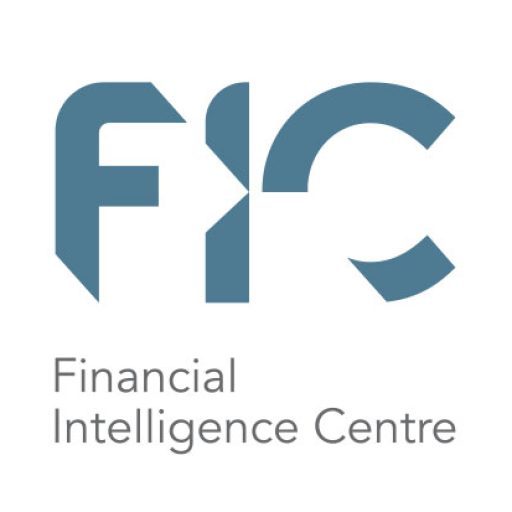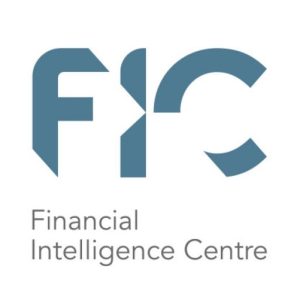The Fusion Centre is a public-public collaboration bringing together law enforcement, intelligence, and criminal justice investigative bodies.
Started in 2020, the Fusion Centre has collaborated with members of government’s justice, security and intelligence community to expeditiously tackle corruption, fraud and other financial crimes related to misappropriation of funds set aside by government to alleviate social and economic hardship of citizens impacted by the COVID-19 pandemic.
The operational hub of the Fusion Centre includes the National Prosecuting Authority and its Asset Forfeiture Unit, the South African Police Service’s Crime Intelligence, Directorate for Priority Crime Investigation and Detective Service, Special Investigating Unit, South African Revenue Service, State Security Agency as well as the National Intelligence Coordinating Committee. Fusion Centre members operate within their own legislative framework and parameters, focusing their expertise, skills, and experience into a single hub.



